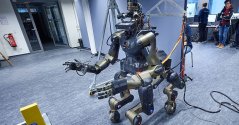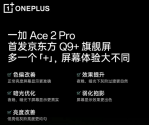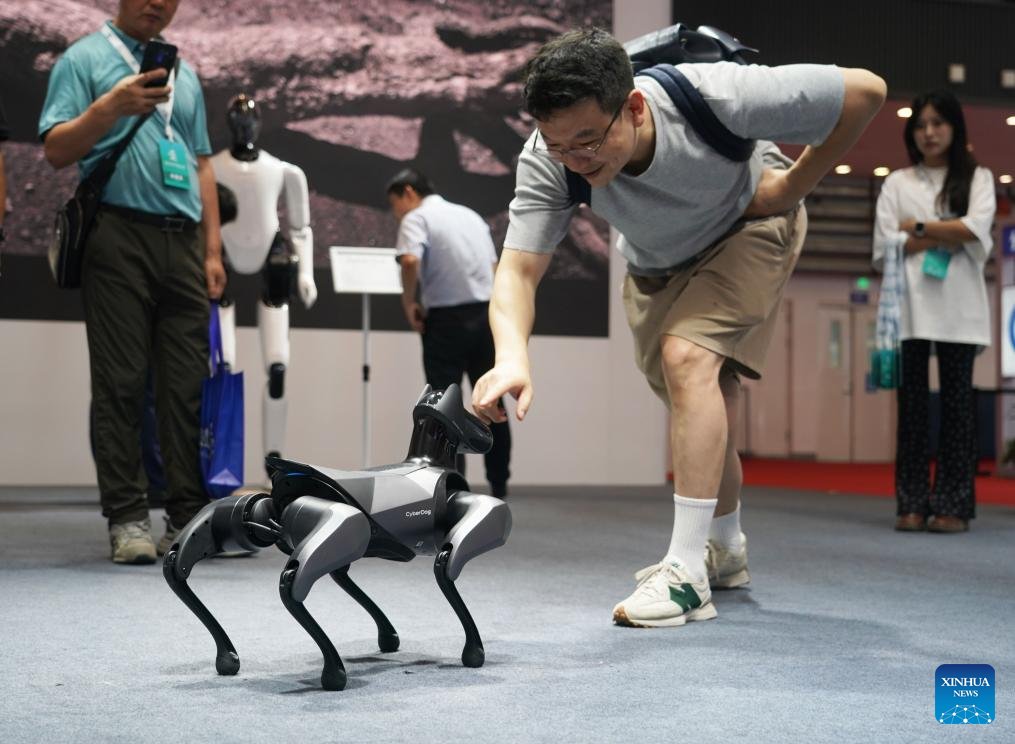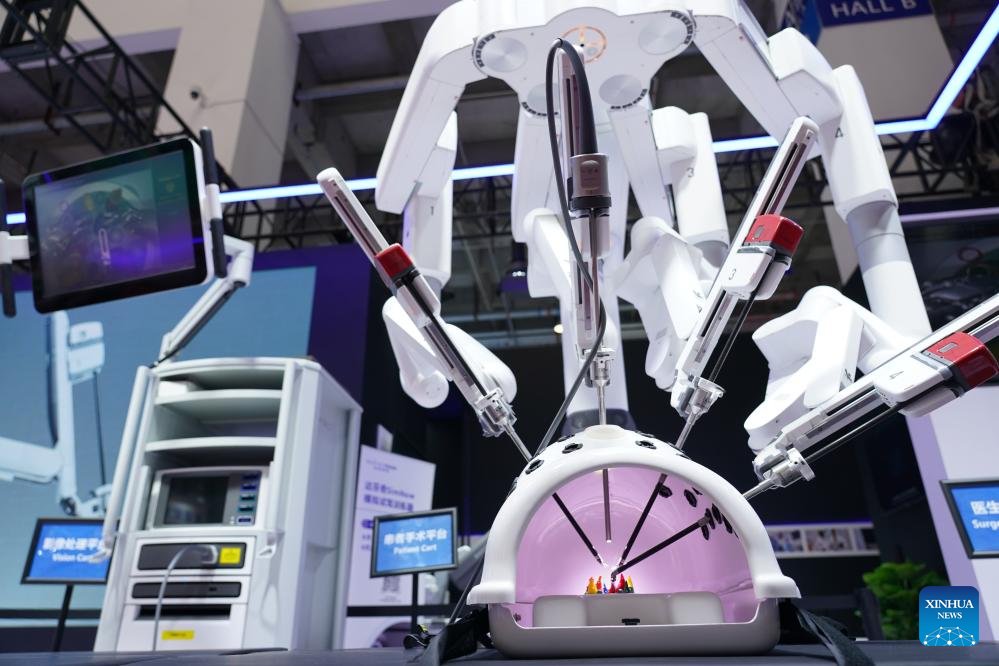Another Jewel return to motherland..
As one of the most cited researchers in his field and a recipient of a MacArthur “genius” award, among other prizes, Guan will head a new laboratory to continue his world-leading research on cell signalling pathways related to organ development and cancer, according to the university’s website.
Previously, he was a distinguished professor at University of California, San Diego’s pharmacology department – and a target of (NIH), the world’s biggest funder of biomedical research.
In 2019, Guan was banned from applying for NIH funding for two years after he was found to have violated the university’s code of conduct by failing to disclose research support from foreign sources, including Fudan University in Shanghai.
By the time the suspension ended in 2021, the operations of Guan’s lab had shrunk dramatically and he had stopped taking on new graduate students for fear that he would not be able to support them, he told Science magazine in March.
“I’m one of the lucky ones. I don’t know how many people that the NIH wanted to stop are able to start again. Maybe none,” Guan was quoted as saying.
Guan is among some 250 victims of the NIH’s own version of the – a Trump-era policy aimed at combating Chinese espionage – which accused the researchers of using part of their NIH grant to do work in China through an undisclosed affiliation with a Chinese institution.
Unlike the China Initiative, all investigations were done behind closed doors by NIH-funded institutions and off-limits to queries from the media, according to Science. About 42 per cent of those targeted have so far lost their jobs.
One of those is Guan’s former colleague, , who was forced to resign from UCSD earlier this year due to his collaboration with Wuhan University. Fu joined Westlake University in March to carry on with his research on Parkinson’s and other degenerative diseases.
Guan has started recruiting members for his new team in Hangzhou, and their work will focus on the Hippo pathway, a major signalling pathway in the human body that regulates cell growth, tissue stability, organ size, and is responsible for cancer development, according to the university’s website.
, a neurobiologist and president of Capital Medical University in Beijing, described Guan as “a clearly marked genius”.
“Kunliang is an outstanding biochemist who had made major contributions to signal transduction,” Rao said. “His next breakthroughs will be even better than all previous ones.”
Guan was born into a poor family in Tongxiang county, Zhejiang province, in 1963. A talented and hardworking student, he entered Hangzhou University to study biology at the age of 15.
In 1983, he was recruited through the China-United States Biochemistry Examination and Application programme to study in the US. He earned his doctorate in biochemistry from Purdue University at the age of 26.
He went on to work at the University of Michigan, Ann Arbor and UCSD, receiving a series of awards and honours, including the MacArthur Fellowship and the Schering-Plough Award.
He has been actively involved in scientific evaluation activities in China. He served as chair of the overseas review committee of the National Natural Science Foundation of China, and is a science committee member of the Beijing-based Future Science Prize.
‘Genius’ biochemist Kunliang Guan returns to China from US to head new lab
- Guan takes up position at Westlake University in aftermath of National Institutes of Health investigation
- He joins former colleague neuroscientist Fu Xiangdong, who was forced to resign from the University of California, San Diego
As one of the most cited researchers in his field and a recipient of a MacArthur “genius” award, among other prizes, Guan will head a new laboratory to continue his world-leading research on cell signalling pathways related to organ development and cancer, according to the university’s website.
Previously, he was a distinguished professor at University of California, San Diego’s pharmacology department – and a target of (NIH), the world’s biggest funder of biomedical research.
In 2019, Guan was banned from applying for NIH funding for two years after he was found to have violated the university’s code of conduct by failing to disclose research support from foreign sources, including Fudan University in Shanghai.
By the time the suspension ended in 2021, the operations of Guan’s lab had shrunk dramatically and he had stopped taking on new graduate students for fear that he would not be able to support them, he told Science magazine in March.
“I’m one of the lucky ones. I don’t know how many people that the NIH wanted to stop are able to start again. Maybe none,” Guan was quoted as saying.
Guan is among some 250 victims of the NIH’s own version of the – a Trump-era policy aimed at combating Chinese espionage – which accused the researchers of using part of their NIH grant to do work in China through an undisclosed affiliation with a Chinese institution.
Unlike the China Initiative, all investigations were done behind closed doors by NIH-funded institutions and off-limits to queries from the media, according to Science. About 42 per cent of those targeted have so far lost their jobs.
One of those is Guan’s former colleague, , who was forced to resign from UCSD earlier this year due to his collaboration with Wuhan University. Fu joined Westlake University in March to carry on with his research on Parkinson’s and other degenerative diseases.
Guan has started recruiting members for his new team in Hangzhou, and their work will focus on the Hippo pathway, a major signalling pathway in the human body that regulates cell growth, tissue stability, organ size, and is responsible for cancer development, according to the university’s website.
, a neurobiologist and president of Capital Medical University in Beijing, described Guan as “a clearly marked genius”.
“Kunliang is an outstanding biochemist who had made major contributions to signal transduction,” Rao said. “His next breakthroughs will be even better than all previous ones.”
Guan was born into a poor family in Tongxiang county, Zhejiang province, in 1963. A talented and hardworking student, he entered Hangzhou University to study biology at the age of 15.
In 1983, he was recruited through the China-United States Biochemistry Examination and Application programme to study in the US. He earned his doctorate in biochemistry from Purdue University at the age of 26.
He went on to work at the University of Michigan, Ann Arbor and UCSD, receiving a series of awards and honours, including the MacArthur Fellowship and the Schering-Plough Award.
He has been actively involved in scientific evaluation activities in China. He served as chair of the overseas review committee of the National Natural Science Foundation of China, and is a science committee member of the Beijing-based Future Science Prize.







